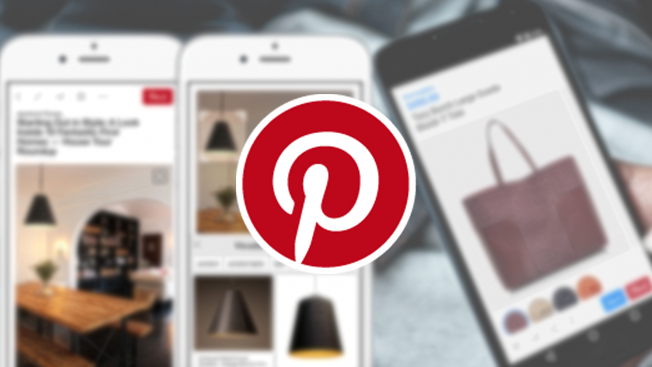Today, Pinterest is launching three new types of targeting aimed at helping brands fine-tune their Promoted Pins, the site's two-year-old ad product. Up until now, brands have primarily used Pinterest's own data to target ads based on someone's interests, location or type of device. Now, Pinterest is letting marketers plug in their own data to create more sophisticated campaigns.
For one, marketers can now zero in on folks who previously visited their website, much like the slightly creepy retargeted Facebook ads that pop up in news feeds after going to a retailer's site.
Pinterest is also launching look-alike targeting to serve ads to groups of people that look similar to a brand's audience. For example, someone who regularly looks up makeup tutorials and tips online is more likely to be interested in beauty ads than someone who searches for recipe information.
Pinterest claims that early tests with look-alike targeting increased click-through rates by 63 percent.
There's also an ad-targeting option that lets marketers hone in on people based on anonymous ID signals from ads served on a mobile device or someone who subscribes to a brand's email list.
The new targeting parameters are Pinterest's latest move to grab ad dollars from Google, Facebook and others by building out a keyword-based ad platform. In March, the site upped the number of interest-level targeting options from 30 to 420 while also opening up ad-targeting to all small and medium-sized businesses.
And ad-tech companies such as 4C, Adaptly and Brand Networks that are plugged into Pinterest's API also help marketers match information like email lists to create segments of people to target ads towards. By the end of the month, tech companies will begin pitching the new targeting options to clients.
Pinterest's new look-alike targeting could be particularly intriguing for marketers. Look-alike targeting has been the bedrock of Facebook advertising for years, letting advertisers zero in on specific types of people based on their browsing history, and Pinterest's trove of intent-based data could be appealing to those Facebook-heavy advertisers.








